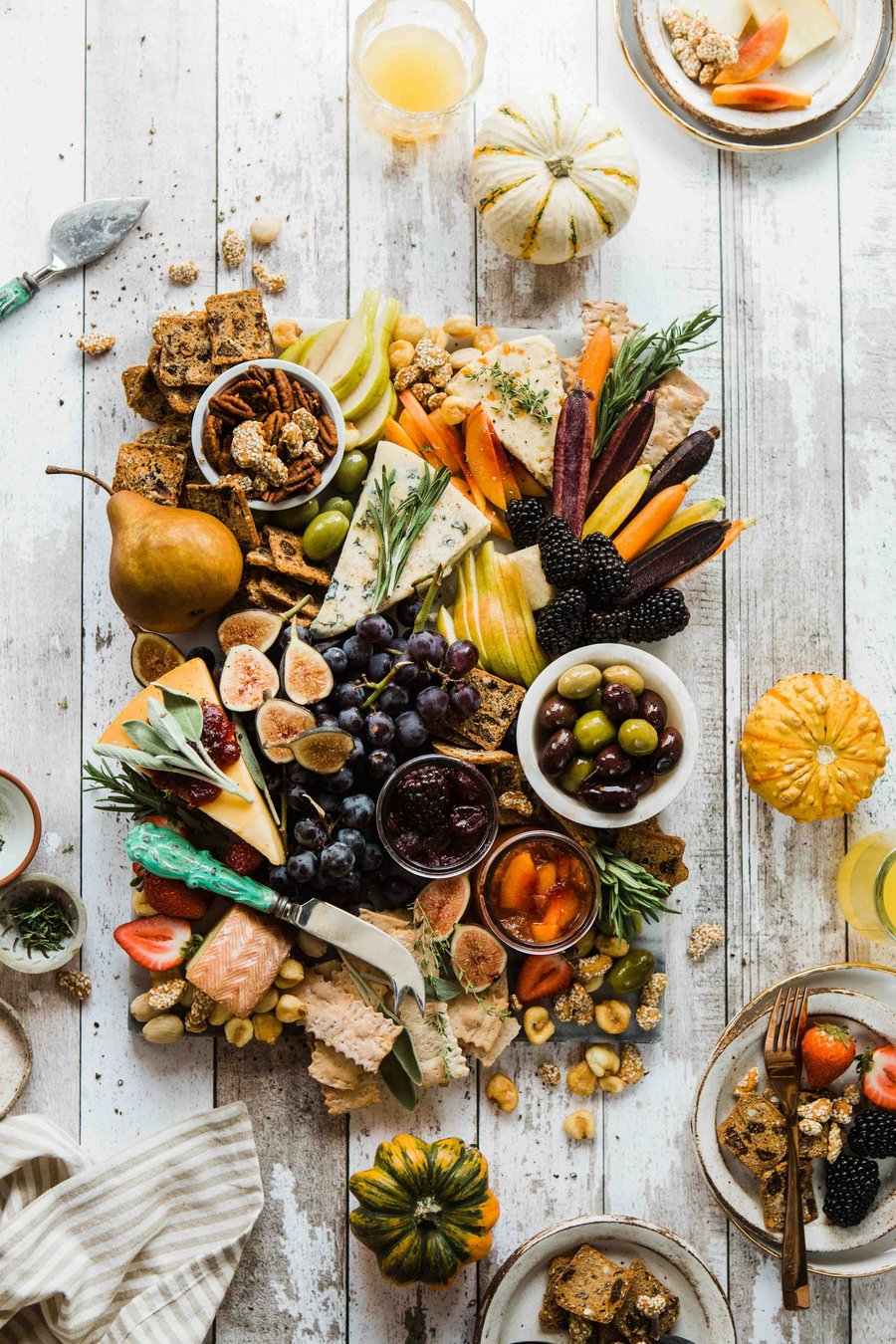What is vitamin B12?
Vitamin B12 (cobalamin) is a water-soluble vitamin and is essential for the nervous system, blood formation, DNA synthesis, homocysteine metabolism and the immune system.
Genetic variations can influence the absorption, transport and metabolism of vitamin B12.
A vitamin B12 deficiency can lead to anemia (megaloblastic anemia), neurological disorders (mood swings, depression, memory disorders...), nerve pain, fatigue, exhaustion and a weakened immune system.
Examples of foods rich in vitamin B12:
| Food | Amount of vitamin B12 per 100g food |
|---|---|
| eggs | 1.9 µg |
| Beef | 5 µg |
| Dairy products | up to about 2 µg |

Good to know
Animal foods are the frontrunners when it comes to vitamin B12 content. Fish, meat, seafood, eggs and dairy products are good sources. Among plant sources, sauerkraut, fermented products such as miso, natto, kimchi and fermented vegetables are the most important. However, it should not go unmentioned that plant-based foods only contain very small amounts of B12 and that this is often present in a form that cannot be utilized by the body.
![[Report Bild]](/static/reportImages/vitamin-b12.jpg)